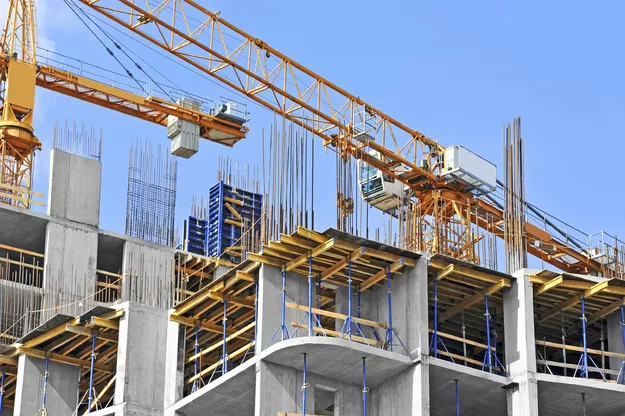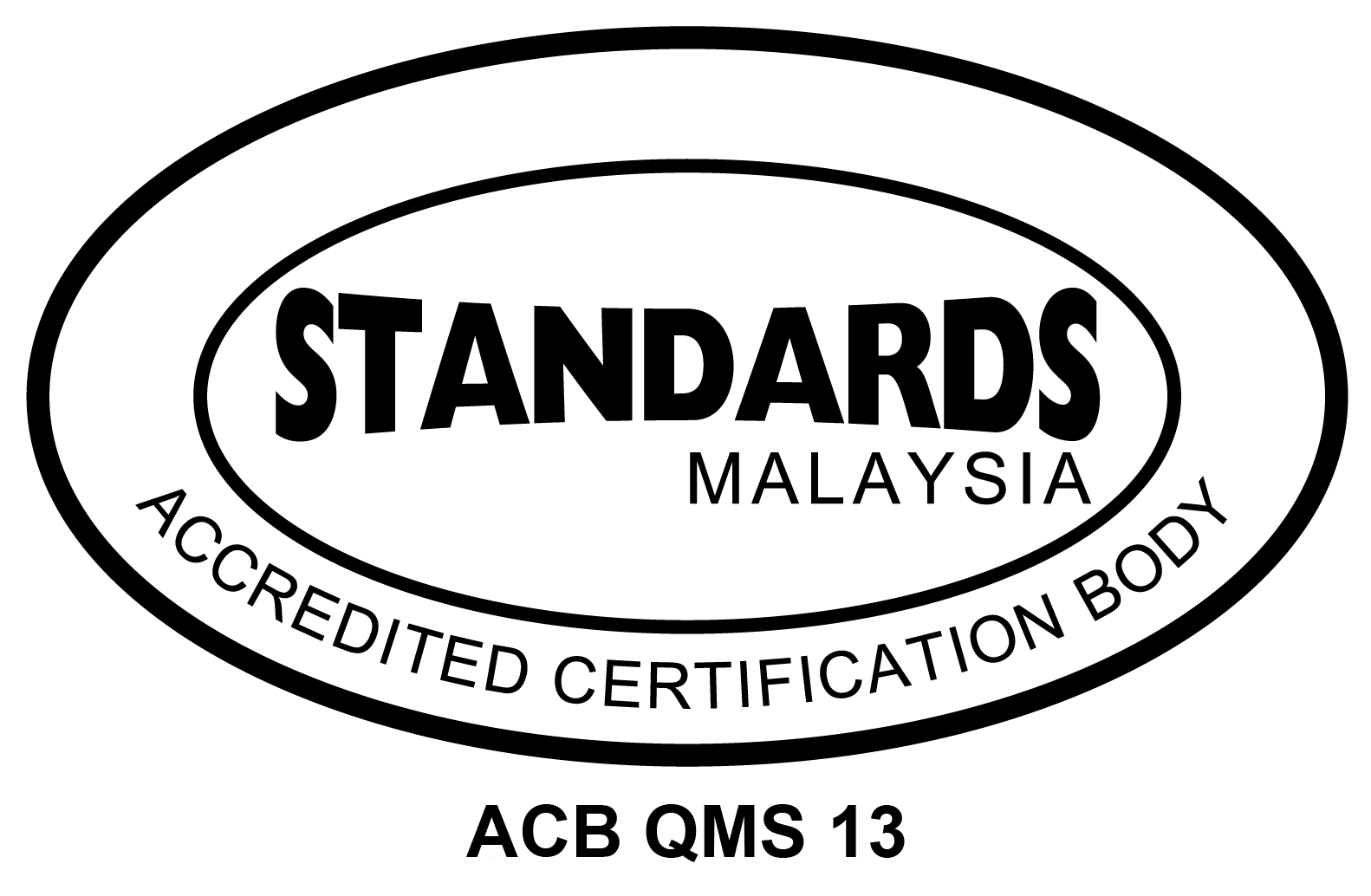Successful participants will have opportunity to become QLASSIC Industry Assessor once completed and passed for assessment.
Quality Assessment System in Construction (QLASSIC)

About QLASSIC
Quality Assessment System in Construction (QLASSIC) is a system or method to measure and evaluate the workmanship quality of a building construction work based on Construction Industry Standard (CIS 7:2006).
QLASSIC enables the quality of workmanship between construction projects to be objectively compared through a scoring system.
Objective of QLASSIC
To benchmark the quality of workmanship of the construction industry
To establish a standard quality assessment system on quality of workmanship of construction work
To assess the quality of workmanship of a construction project based on the relevant approved standard
To be used as a criterion to evaluate the performance of contractors based on quality of workmanship
To compile data for statistical analysis
Want to be a QLASSIC Assessor?
Are you having complete QLASSIC Assessor Course (Level 1&2) ? This is your chance to become a QLASSIC Assessor. Book the time slot you want.






